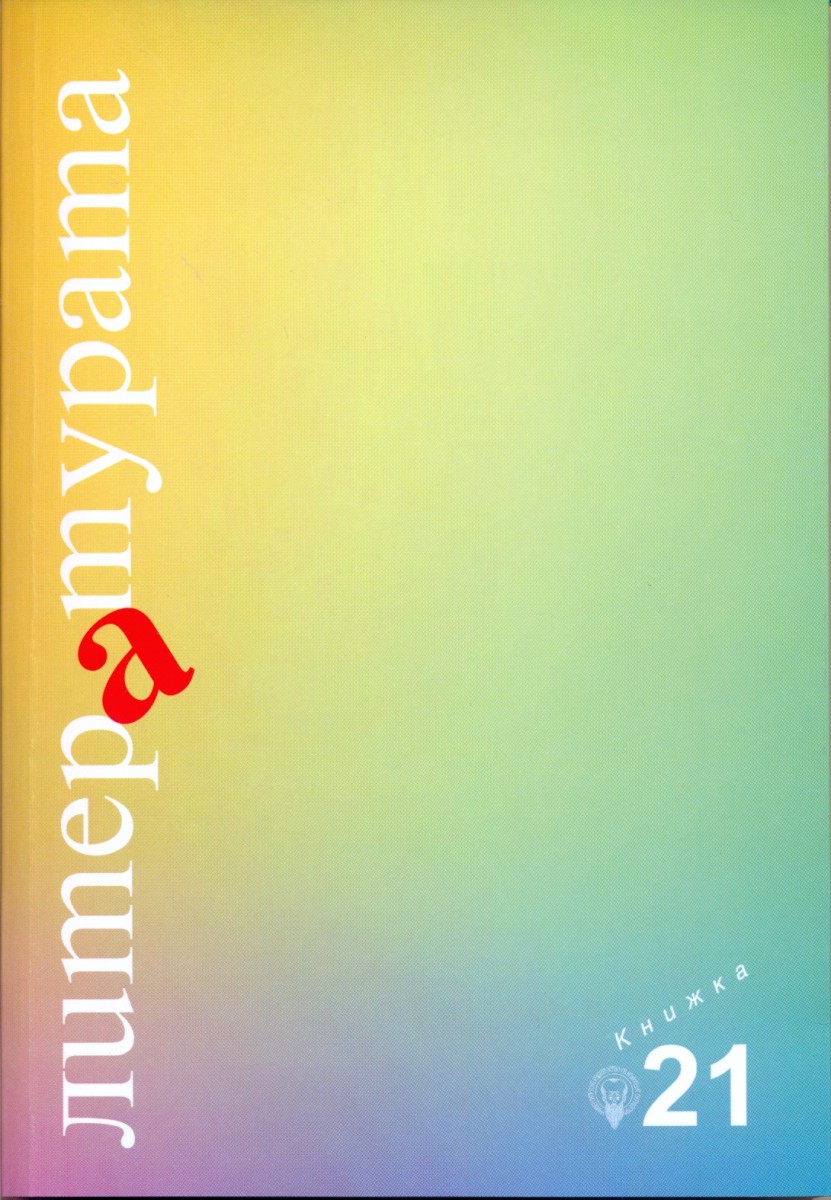Queer theories

Contents
Hans Bertens, Queer Theory (transl. from English by Ruzha Muskurova) / 9
Lee Edelman, The Future is Kid Stuff (transl. from English by Maria Delcheva) / 21
Sara Ahmed, Queer Feelings (transl. from English by Filip Stoilov) / 58
Beatriz Presiado, The Pharmacopornographic Era (transl. from Spanish by Teodora Tsankova) / 101
Karl Schoonover, Rosalind Galt, Queer, World, Cinema (transl. from English by Ruzha Muskurova) / 127
Maria Delcheva, The Gender Liminal Body. Between Essentialism and Poststructuralism / 156
Wojciech Smieja, The Captive (Homosexual) Minds. On Being a Writer and a Homosexual in Communist Poland (Wilhelm Mach,
Jerzy Andrzejewski) / 183
Błażej Warkocki, Murderous Shame. Queer Performativity in „Lawyer Kraykowski’s Dancer“ by Witold Gombrowicz / 195
Debuts
Veselina Gekova, The Garden of EDEN and the Founders of the Human Race. Light Installation Made of Blown Glass Molds / 215
Petya Dimitrova, Body under the Dress – Sociocultural and Psychological Codes of Оtherness / 222
Reviews
Panayot Karagyozov, Between “The Wife” and the Refusal to Bestow the Nobel Prize / 234
Galina Georgieva, Read Through and Fly Off / 237
Nikolay Genov, Will the Mouse eat the Book? / 242
Maria Delcheva, The Other Voice is Important / 245
For the authors / 255
Requirements for publications / 261
